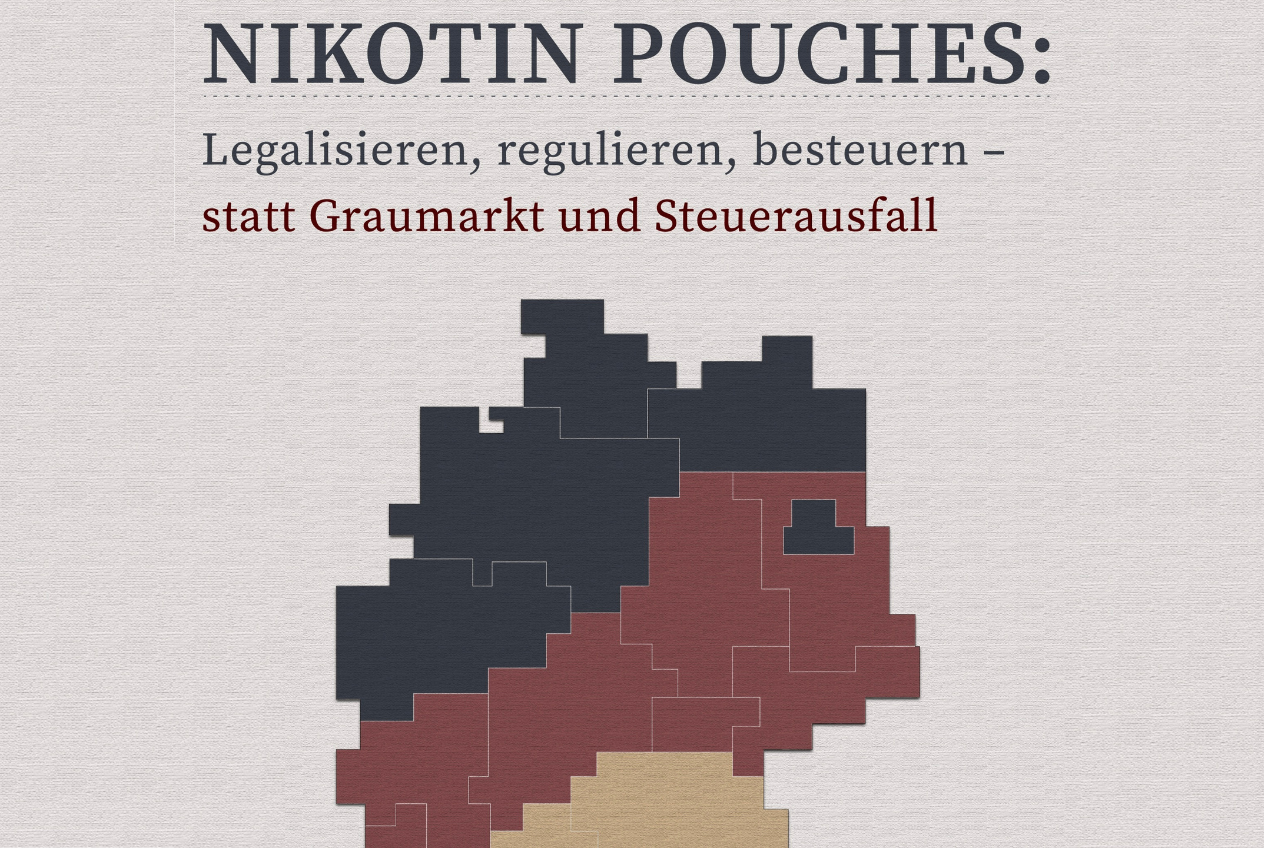Today, the Consumer Choice Center and the World Vapers’ Alliance published a new paper on the war on nicotine, arguing that there are evidence-based reasons to end it in Europe and globally.
Vaping and other alternatives such as nicotine pouches have been recognised as far less harmful than smoking, and yet their lifesaving qualities continuously come under fire for a variety of reasons. The consumption of nicotine is one of them.
The Consumer Choice Center’s paper examines six main reasons why the war on nicotine is unreasonable, ineffective and ignorant of a growing body of evidence.
Six main reasons why the war on nicotine should end:
- People consume nicotine, but they die from smoking
- Nicotine in patches & gums is not a problem — it is neither when vaped nor in a pouch
- Addiction is complex and not solved by a war on nicotine
- Nicotine makes some people smarter, stronger and more attractive
- Misconceptions about nicotine are hindering public health progress
- Prohibition never works
Commenting on the findings, Michael Landl, Director of the World Vapers’ Alliance and a co-author of the paper, said: “The anti-vaping discourse is riddled with double standards about nicotine. If we are to be consistent about nicotine, we have to treat vaping with the same openness and encouragement as nicotine replacement therapy, such as patches. Due to innovation nicotine consumption can finally be decoupled from the hazardous effects of smoking and therefore help millions of smokers to improve their health. And yet, nicotine is unjustifiably demonised. This must end.
Reducing the number of smokers and allowing them to rapidly and efficiently switch to a less harmful alternative should be a major priority for governments and public health agencies worldwide. To achieve that, the stigma around nicotine should stop.
“We aim to use our new paper as a factsheet to debunk many myths that surround nicotine prohibition. Potential benefits of nicotine must be explored, and unbiased scientific endeavours must be ensured,” said Maria Chaplia, Research Manager at the Consumer Choice Center.



